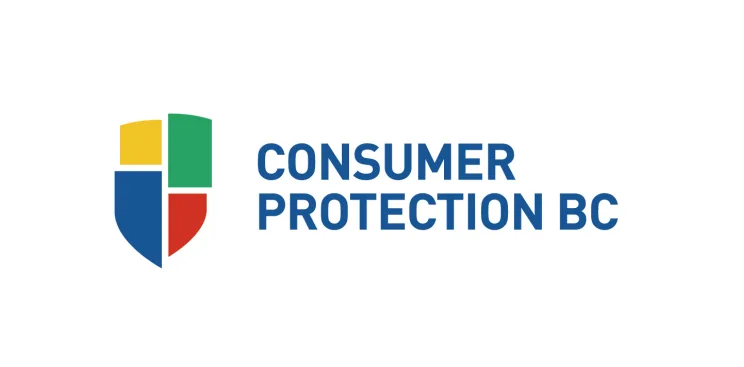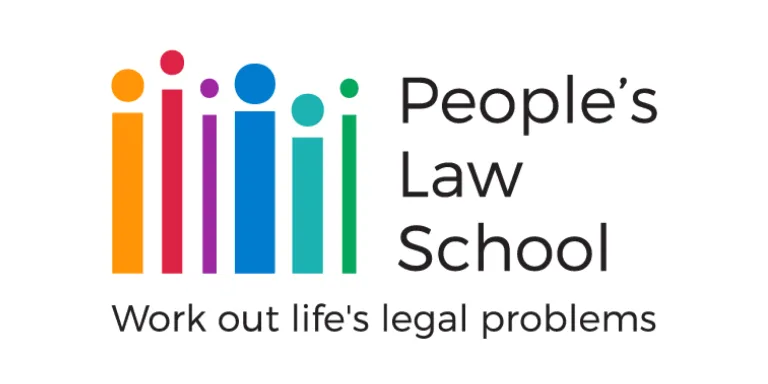Door-to-door and direct sales

When you buy something from a salesperson who comes to your door, special protections apply. Learn your rights for door-to-door and other direct sales contracts, and steps to resolve problems.
What you should know
When you buy something from someone who comes to your door, you’re making a direct sales contract.
This could be at your home, if you’re buying something from a door-to-door salesperson, like having your home painted, or buying a vacuum cleaner.
You still have all the rights you have when making any contract or hiring anyone. But there’s additional protections for you, the consumer.
Before we go on, just a quick heads up that in some situations — if the contract is for less than $50, or if you invited the salesperson to your door more than 24 hours ahead of time — these special rules won’t apply.
To be legal, all of these must apply to a direct sales contract:
It must be in writing.
It must include certain information — like an itemized purchase price, the terms of payment, and your cancellation rights.
Any required down payment can’t be above $100 or 10% of the total price, whichever is less.
It must be signed by you.
If any of the above items are missing, then the contract isn’t binding on you.
The seller must also give you a copy of the contract at the time you both sign it.
After signing a direct sales contract, you have a 10-day cooling-off period. This means you can cancel during that time for any reason.
You can also cancel the contract after the cooling-off period if:
The contract doesn’t include everything it’s legally required to.
The goods or services don’t show up within 30 days of the supply date.
In these cases, you have up to one year to cancel from when you signed the contract.
Let’s say you hire a company to pave your driveway, and you sign the contract on your front steps. This is a direct sales contract.
If the paving isn’t completed within 30 days of when the contract says it should be, you can cancel. You have up to one year to cancel the contract from when you signed it.
Have you had a problem with a direct sales contract? Read on for help on working it out.
Work out the problem
There are steps to consider if you have problems with a door-to-door or other direct sales contract.
Step 1. Complain promptly
Step 2. Tell the seller you want to cancel the contract
Step 3. Wait 15 days
Step 4. Complain to Consumer Protection BC
Step 5. Take to social media
Step 6. Consider legal action
Step 1. Complain promptly
Reach out to the seller telling them you’re dissatisfied. You can do this in a conversation or in writing. The advantage of writing is that there’s a clear record of your complaint.
Be firm and businesslike, but polite. Cover these points:
a description of what was agreed to
details of the problem
what you want them to do to resolve the problem
It’s a good idea to start with a template letter. We’ve got some that might help. Here are our template letters.
Step 2. Tell the seller you want to cancel the contract
If you decide to cancel a direct sales contract, notify the seller in writing. You can use a notice of cancellation form provided by Consumer Protection BC.
Step 3. Wait 15 days
You’re entitled to a refund (or a return of your deposit) within 15 days after you give notice that you’re cancelling the contract. The seller should be refunding you directly.
Step 4. Complain to Consumer Protection BC
If you don’t receive a refund within 15 days, or you’re unhappy with the service provider’s response, you can contact Consumer Protection BC to make a complaint. They have an online complaint form.
Step 5. Take to social media
If none of the above gets you what you want, you can consider voicing your concerns on social media. Be factual and truthful about what happened — using foul or insulting language may only inflame the situation.
You may not get a refund, but a company may be eager to make things right to show the public that they are good corporate citizens.
Step 6. Consider legal action
If you can’t solve the problem with the above steps, your next option may be to take legal action. You can consider suing the other party for breach of contract.
For claims of under $5,000, you can apply to work out your dispute with the Civil Resolution Tribunal. This is a cheaper and faster option than going to court. You don’t need a lawyer to do this!
If you’re looking for more in-depth coverage on this issue, we have more on door-to-door and other direct sales contracts.
Who can help
If you encounter problems relating to door-to-door and other direct sales contracts, these agencies may be able to help.

Consumer Protection BC
Assists with some consumer problems and contracts. Includes online complaint form.

Better Business Bureau (BBB)
Receives complaints about local businesses that are members.

Competition Bureau
Deals with complaints about false or misleading advertising.

Lawyer Referral Service
Helps you connect with a lawyer for a complimentary 15-minute consult to see if you want to hire them.

Access Pro Bono's Free Legal Advice
Volunteer lawyers provide 30 minutes of free legal advice to people with low or modest income.
This information from People’s Law School explains in a general way the law that applies in British Columbia, Canada. The information is not intended as legal advice. See our disclaimer.
Related
On Dial-A-Law
Dial-A-Law has more information on Service providers in the section on Consumer.

